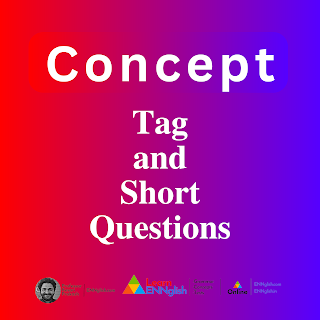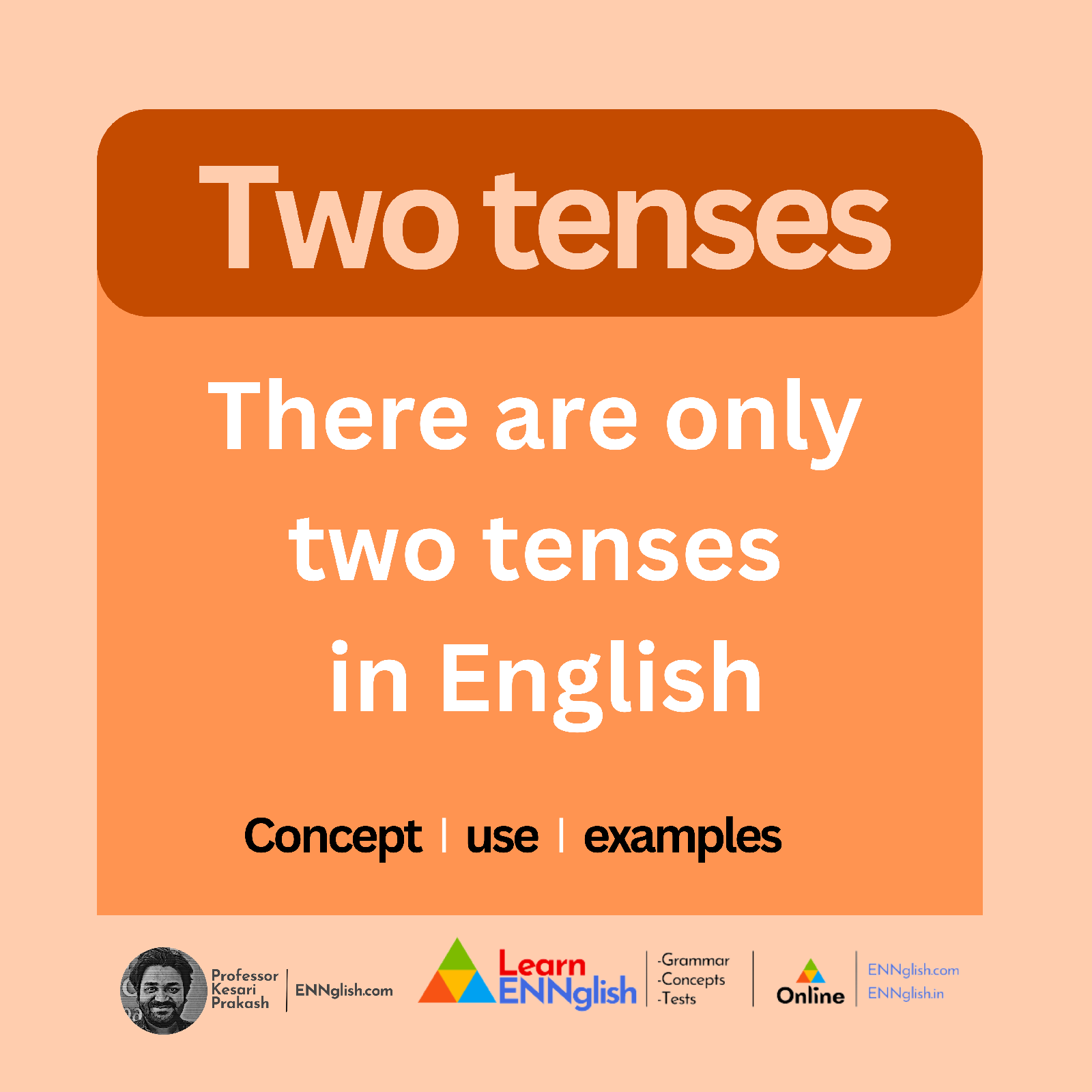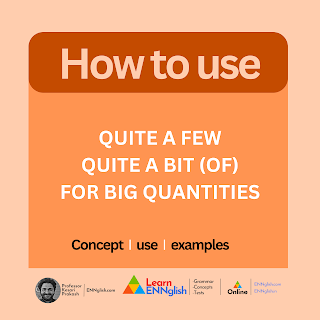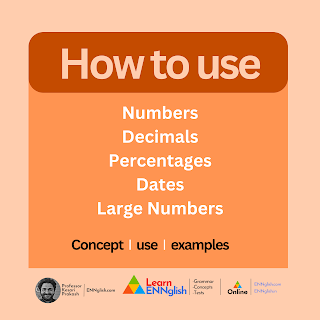You are not alone.

You are not alone. These are powerful words that can be comforting and reassuring, especially during difficult times. As we navigate through the ups and downs of life, it's important to remember that we are not alone in our struggles. There are always people who care about us, support us, and are willing to help us in any way they can. For learners, students, and teachers, this message is particularly relevant. The journey of learning can often feel isolating and overwhelming, especially when faced with challenges and obstacles. However, it's important to remember that we are all in this together. Whether it's a difficult assignment, a challenging exam, or a confusing concept, there are always others who are going through the same thing. As a community, we can motivate and support each other through these challenges. By sharing our experiences, offering advice and encouragement, and lending a listening ear, we can help each other overcome obstacle...













